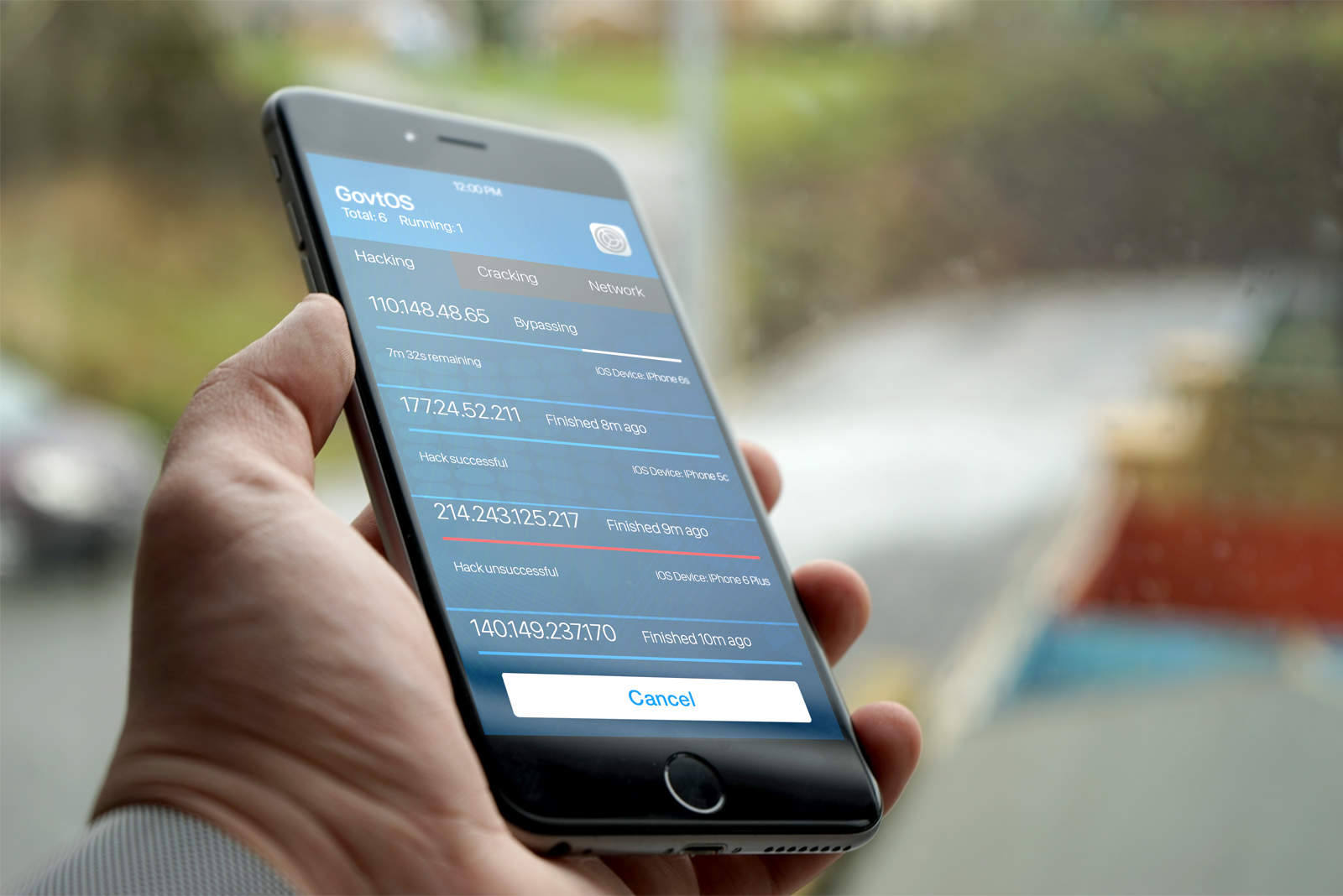Aside from the massive privacy questions it raised, one of the biggest questions coming out of the FBI’s 2016 standoff with Apple was how exactly it managed to hack the iPhone used in the San Bernardino shooting.
While we still don’t know for sure, 100 pages of documents released recently by the FBI as part of a lawsuit by three organizations sheds a bit of light on what happened.
The lawsuit was filed last September by the Associated Press, Vice and the parent company of USA Today. It claimed that, since the FBI had spent taxpayer funds to break the iPhone, the public should have a right to know how this money was used. The suit also said that the existence of a flaw in iPhone security could put the public at risk.
Sadly, much of the detail about the specifics of the hack are censored in the released pages, although there are still items of interest. The main insight from the report is that the FBI received three submissions from companies willing to hack the iPhone in the case, and went on to sign one of them to a nondisclosure agreement.
A contentious issue
Apple’s battle with the FBI was one of the most contentious, and important, tech news stories of last year. It involved a request from the FBI that Apple help unlock an iPhone belonging to San Bernardino shooter Syed Farook, who was one half of an attack at the Inland Regional Center in San Bernardino, California, in which 14 people were killed and 22 seriously injured.
The request was denied by Apple, which left the company fighting the FBI in a very public legal battle over whether the government can force the iPhone-maker to create a backdoor into iOS.
Eventually, the FBI was able to hack the device, after reportedly enlisting the help of Israeli tech security firm Cellebrite, with whom the bureau signed a $15,000 contract.
As it turned out, the iPhone didn’t contain evidence of contacts with other supporters of ISIS, or any encrypted communications — although the FBI said that the absence of certain information was useful to them.
Source: CNET


